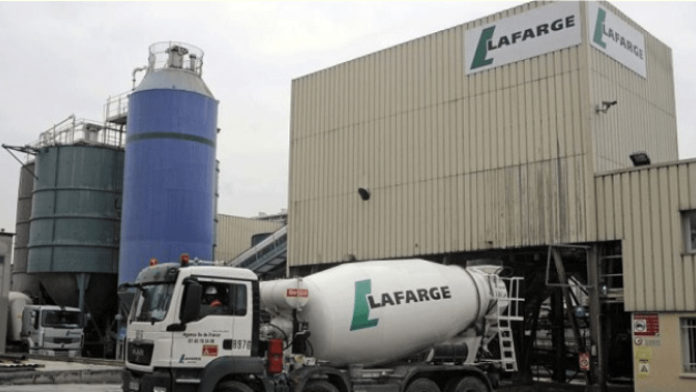Swiss building materials giant Holcim has announced an agreement to sell its Nigerian operations to Chinese firm Huaxin Cement Ltd. for $1 billion.
The deal involves the sale of Holcim’s 83.81% stake in Lafarge Africa Plc, a subsidiary of the Holcim Group, which specializes in roofing, cement, construction aggregates, and ready-mix concrete.
In a statement released on Sunday, Holcim confirmed that the transaction is expected to be finalized in 2025, pending regulatory and customary approvals.
“Holcim has signed an agreement with Huaxin Cement Ltd to sell its entire 83.81% shareholding in Lafarge Africa Plc, at an equity value of $1 billion on a 100% basis,” the statement read.
The company did not disclose reasons for its decision to exit Nigeria.
News360 Info reports that this development comes amidst a wave of foreign businesses scaling back or exiting operations in Nigeria.
On May 24, Kimberly-Clark, the manufacturer of Huggies diapers, announced its decision to cease local manufacturing and sales in Nigeria after 14 years. The company cited global corporate restructuring and challenging economic conditions in the country as reasons for its exit.
Similarly, South African retailer Pick n Pay revealed plans in October to sell its 51% stake in a Nigerian joint venture as part of a strategy to focus on its home market. CEO Sean Summers described the move as necessary for operational restructuring.
Nigeria’s pharmaceutical sector has also seen significant withdrawals. In 2023, GlaxoSmithKline (GSK) Consumer Nigeria Plc ended operations, transferring its business activities to a third-party organization. French pharmaceutical firm Sanofi-Aventis Nigeria Limited halted direct operations in November, followed by Procter & Gamble (P&G), which announced a shift from local production to product imports a month later.
These exits highlight ongoing challenges for multinational companies operating in Nigeria, including economic and regulatory hurdles.






